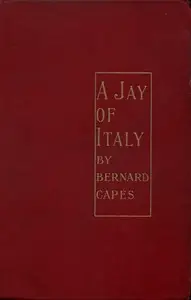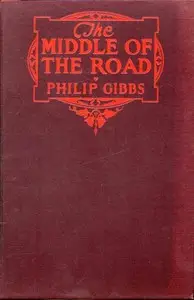"Beauchamp's Career — Volume 1" by George Meredith is a novel written in the late 19th century that focuses on the life and ideals of a young protagonist, Nevil Beauchamp. The story explores themes of patriotism, youth, and the societal pressures surrounding honor and duty, reflecting the turbulent political climate of the time. Nevil finds himself deeply troubled by the perceived weakness of his country in the face of foreign threats and is driven by a passionate desire to defend England's honor. At the start of the novel, readers are introduced to Nevil Beauchamp, who is frustrated by the state of national defense and the alarming potential for invasion from foreign armies. His youthful chivalry impels him to take a bold stand against these perceived affronts, even to the point of drafting a challenge to the French Guard. Interactions with family members, particularly his uncle Everard and Mrs. Rosamund Culling, reveal different perspectives on the issues at stake and Nevil's character, which is marked by a deep sense of loyalty to his country and a longing for action. The opening chapters set the stage for his internal conflicts and social challenges, as he navigates the expectations placed upon him as a young man in a society grappling with its identity. (This is an automatically generated summary.)

Beauchamp's Career — Volume 1
By George Meredith
"Beauchamp's Career — Volume 1" by George Meredith is a novel written in the late 19th century that focuses on the life and ideals of a young protagon...
George Meredith was an English novelist and poet of the Victorian era. At first, his focus was poetry, influenced by John Keats among others, but Meredith gradually established a reputation as a novelist. The Ordeal of Richard Feverel (1859) briefly scandalised Victorian literary circles. Of his later novels, the most enduring is The Egoist (1879), though in his lifetime his greatest success was Diana of the Crossways (1885). His novels were innovative in their attention to characters' psychology, and also portrayed social change. His style, in both poetry and prose, was noted for its syntactic complexity; Oscar Wilde likened it to "chaos illumined by brilliant flashes of lightning". Meredith was an encourager of other novelists, as well as an influence on them; among those to benefit were Robert Louis Stevenson and George Gissing. Meredith was nominated for the Nobel Prize in Literature seven times.












